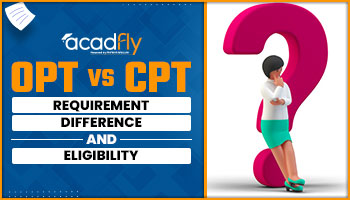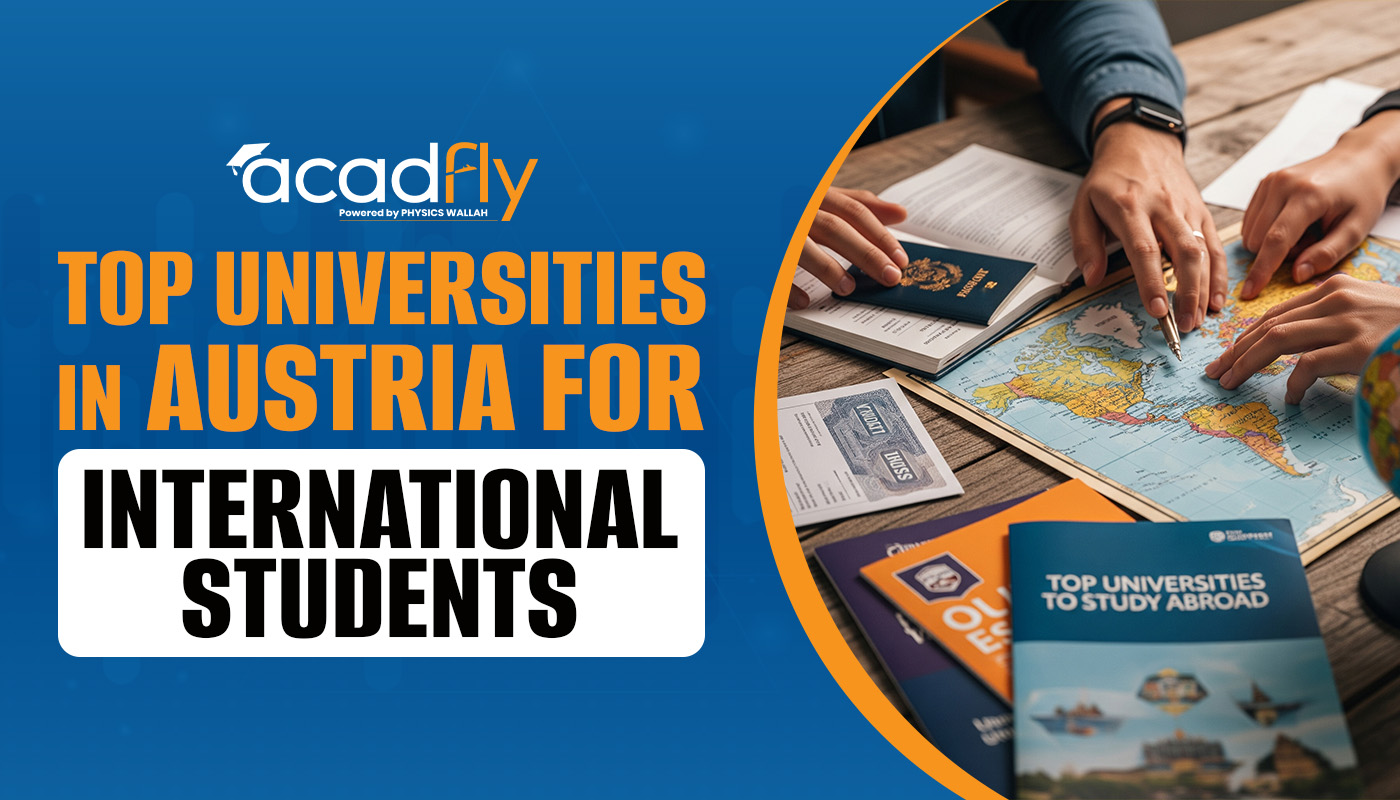

Masters programs in the Netherlands
Masters programs in the Netherlands - The fundamental purpose of a master's degree in the Netherlands is to provide overseas students with essential graduate-level knowledge and analytical abilities, as well as to do independent research in a specific topic or a multidisciplinary field. The minimum period of study for master's degrees in the Netherlands is one year, while research master's, teacher training master's, and programmes in mathematics, natural science, engineering, and agriculture last two years.
In addition, overseas students who complete a master's degree in the Netherlands have several further options. The universities assist students in entering a variety of professional disciplines or continuing their study in Holland or at other worldwide higher education institutions. If this seems appealing, apply for an MSc in the Netherlands and enjoy the journey of a lifetime in this country.
Masters programs in the Netherlands
A master's degree in the Netherlands, like in other European nations, is divided between "research universities," which provide more research-oriented academic programmes, and "universities of applied sciences," which offer more practice-oriented study programmes. The benefits of pursuing MSc in the Netherlands are as follows:
Developing Soft Skills: When a student seeks for work after earning an MSc in the Netherlands from a university, soft skills frequently play an important part in a successful career. Dutch universities of applied sciences place a high value on allowing overseas students to improve their communication and presentation skills, as well as their collaborative abilities.
Unique Teaching Method: At Dutch universities, excellent relationships between professors and students are highly valued. Most tutorials and seminars include between 15 and 30 students. The teaching method focuses on cooperation, making it easy for international students studying in the Netherlands to meet Europeans and other international students.
Low Living Expenses: When compared to other Western European countries, living in the Netherlands is quite inexpensive for international students. Accommodation facilities are more cheap, and some colleges even provide on-campus housing. The average monthly rental cost for a room in the Netherlands is between 300 and 600 euros.
Types of Universities Offering Masters Programs in the Netherlands
There are three categories of universities in the Netherlands that offer master's degrees to overseas students:
University of Applied Sciences - These universities in the Netherlands provide practical training and instruction in a variety of topics, including arts and humanities and science. It provides a more professional master's degree with chances for placements, internships, and hands-on experience.
Research Universities - It conducts innovative research and scholarship and provides additional academic master's programmes.
Teacher Training Master's degree - The degree prepares students to teach at all levels of secondary school.
Top Universities for MS in the Netherlands for International Students
International students have several options for pursuing a master's degree in the Netherlands, notably in English-taught courses. Some of the universities providing MS in the Netherlands include:
|
Course Name |
Popular Universities |
Average Tuition Fee |
|
Master’s in Natural Science |
|
8,000 to 20,000 EUR/per year |
|
Master’s in Computer Science |
|
15,100 EUR/ per year |
|
Master’s in Engineering & Technology |
|
14,500 EUR/ per year |
|
Master’s in Business & Management |
|
9,000 – 13,500 EUR/ per year |
Masters programs in the Netherlands - Eligibility Criteria
To apply for a master's degree in Holland, you must first meet the qualifying requirements. The requirements may differ based on the type of course and university you select. However, some of the necessary qualifications for studying a master's degree in the Netherlands are:
Undergraduate Degree
To study MSc in the Netherlands, international students must hold a bachelor's degree in a related discipline. In addition, for research-oriented programmes, the bachelor's degree must have a GPA of 7.5 or above.
English Language Proficiency Test
Universities in the Netherlands offer master's programmes in both Dutch and English. While admissions are rare in Master's programmes here, overseas candidates must demonstrate fluency in the English language through the following exams:
-
A minimum IELTS score of 6.0 is required, as is a TOEFL score of 550 (paper-based) or 213 (internet-based).
-
A Cambridge diploma for advanced English
Netherlands Student Visa
Before applying for an education visa in the Netherlands, overseas students should examine a few key things.
-
An international student must get an MVV (long-stay visa) and a VVR (provisional residence permit).
-
The University of Netherlands will handle the visa application procedure when your application is accepted.
-
To keep the permit valid, international students must maintain 1,046 EUR in their bank account and acquire 50% of the credit ratings at the institution.
-
The MVV expires in 90 days, but the VVR is valid for three months following completion of the degree.
Following acceptance of the study visa application, students must undertake various steps:
-
Appointment with the Dutch Embassy.
-
Interview to secure the visa
-
Submit two passport pictures, a valid passport, biometrics, and signature.
Masters programs in the Netherlands - Documents Required
The best colleges in the Netherlands demand certain additional documentation during the admissions process.
-
Letter of Motivation
-
Personal essay.
-
Letter of recommendation.
-
Updated CV
-
SOP
-
GRE/GMAT scores (optional)
-
Photocopy of ID and a valid passport.
-
All academic transcripts.
Masters programs in the Netherlands Without IELTS
Several universities in the Netherlands accept students without an IELTS score to pursue a master's degree. However, before enrolling in university, students must satisfy the eligibility requirements set by several universities.
1. In the Netherlands, you may learn for free without having to take the IELTS. If you already got a degree from the English Language Institute.
2. Students may apply on behalf of the English Language Proficiency Certificate. Students must provide an official statement or certificate written on headed and stamped paper demonstrating that their previous education was in English.
The following universities in the Netherlands do not require IELTS scores:
-
University of Amsterdam.
-
Leiden University.
-
University of Groningen
Masters programs in the Netherlands - Cost Details
The cost of an MS in the Netherlands includes tuition and living expenses for overseas students.
Tuition fees
Masters' costs for overseas students at institutions vary according to the course. International students pursuing a master's degree typically face higher tuition costs. The costs range from 8,000 to 20,000 EUR each year.
Cost of living
Before travelling to the Netherlands to pursue higher education, international students should consider the cost of living. Monthly costs will cover lodging, transportation, food, literature, clothing, and other activities. An overseas student will need to pay between 8,000 and 1,200 EUR each month.
Masters programs in the Netherlands - Scholarship Details
The Netherlands is a popular international study location, with a wide range of financial options accessible to foreign postgraduates. Some of the following scholarships are available:
|
Name of Scholarship |
Details |
Benefits |
|
Radboud University Scholarship |
It is a scholarship for overseas students outside the European Union to pursue a master's programme. |
|
|
TU Delft Excellent Scholarship |
It is a fully-funded scholarship to study master’s program at the Delft University of Technology |
|
|
Holland Govt. Scholarship |
Available to overseas students doing master's programmes in the subject of science. |
5,141 EUR in the initial year of the program |
|
Maastricht University Scholarship |
Available to foreign students from any country. |
|
Masters programs in the Netherlands - Career Opportunities
With a stable employment rate of 78.4%, the country's workforce has increased from 8.89 million to 8.94 million by 2020. For overseas students, finishing a master's degree in the Netherlands opens up a variety of professional opportunities. There are the following options:
|
Field of Profession |
Average Monthly Salary |
|
Creative Director |
10,300 EUR |
|
Administrative Assistant |
5,670 EUR |
|
Business Analyst |
11,600 EUR |
|
Construction Project Manager |
11,700 EUR |
Conclusion
Pursuing a master's degree in the Netherlands is a fantastic option for overseas students. There are several opportunities for job advancement in the Netherlands after finishing postgraduate studies. So, if you want to pursue a master's degree in the Netherlands, contact our PW professionals to help you arrange your trip to the Netherlands smoothly.
FAQs
Q.1. Does the Netherlands deny student visas?
Ans: The rejection rate for Netherlands student visas is quite low. If a student visa is denied owing to any prior reason. Students can re-apply for the visa, which will be accepted the second time.
Q.2. Is it free to get MS in the Netherlands?
Ans: No, MS in the Netherlands is not free, although the majority of universities are government-sponsored. As a result, overseas students may expect a decent education.
Q.3. What is the duration of a master's course in the Netherlands?
Ans: The course typically lasts between one and three years. Usually, research-related courses last three years.
Q.4. Is the Netherlands a suitable choice for Masters?
Ans: The Netherlands is well-known among foreign students for its distinctive culture and the number of universities ranked in the top 200 internationally. Some of the best-ranked institutions in the Netherlands charge up to €15,000 a year for bachelor's degrees and up to €20,000 for master's degrees.
Q.5. Can I acquire PR in the Netherlands after finishing my master's degree?
Ans: If you are a non-EEA citizen who finished your studies or research project in the Netherlands within the last three years, you are entitled to apply for the 'orientation year' resident visa.
Q.6. Is studying in the Netherlands stressful?
Ans: According to a recent survey, a large number of international students attending university in the Netherlands suffer from mental health concerns, as well as feelings of loneliness and isolation.
Frequently Asked Questions









